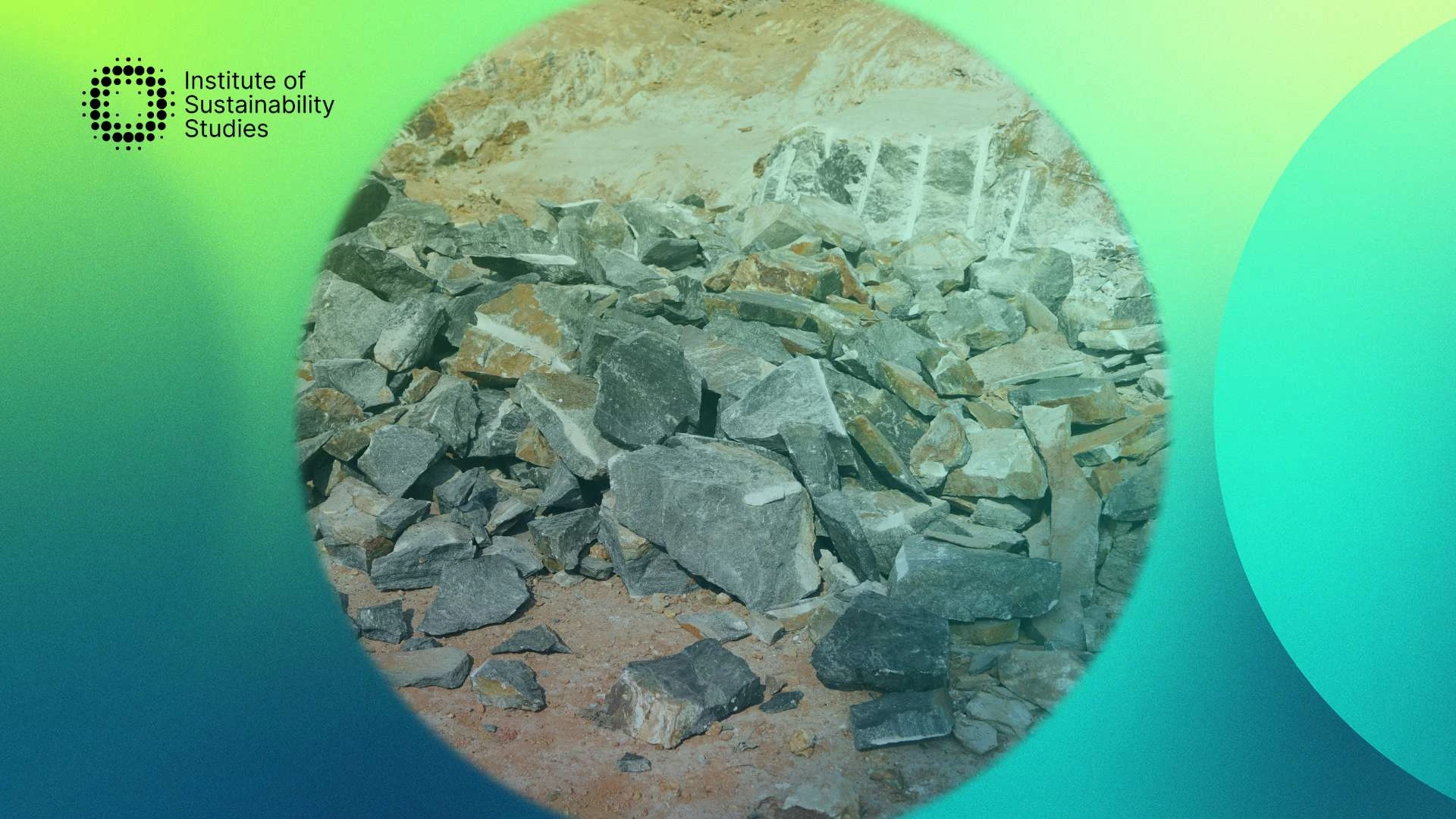As much as we must focus on reducing carbon emissions, we also need to put energy into removing carbon from the atmosphere. Implementing sustainable business management practices includes exploring technologies like Carbon Capture and Storage (CCS), which can be pivotal in achieving environmental goals while supporting economic growth. Carbon Capture and Storage (CCS) refers to a suite of technologies that focuses on withdrawing carbon from the air and can play an essential role in enabling us to achieve worldwide environmental goals.
It offers a means for us to maintain strong economic growth and industrial production while significantly reducing emissions and clearing the atmosphere. Continue reading to learn more about Carbon Capture and Storage (CCS), its potential benefits, and how it works.
About Carbon Capture and Storage (CCS)
In essence, Carbon Capture and Storage (CCS) is a technique for lowering carbon emissions that may be vital in our fight against global warming. CCS is a three-step process. It involves capturing the carbon dioxide created by an industrial activity or power generation and then transporting it and finally, storing it deep under the ground. These industrial activities and processes could include cement and steel production or burning fossil fuels to generate power.
The carbon is taken away from where it is created via a pipeline or a ship and stored deep under the ground in geological formations. The Intergovernmental Panel on Climate Change (IPCC) has highlighted that we must do more than simply increase efforts to reduce emissions if we are to achieve the ambitions of the Paris Agreement and limit temperature increases to 1.5 degrees Celcius. In other words, we need to utilise technologies to take carbon out of the atmosphere.
CCS is one such technologies, which is why it can play a vital role concerning fighting climate change and the environmental issues we are facing. These technologies also offer the foundation for ‘negative emissions’ or carbon removal when CO2 is generated from bio-based processes or directly from the air. Roughly 35 commercial facilities are applying these technologies to industrial processes, power generation, and fuel transformation currently.
What is the potential of CCS for fighting the climate crisis?
CCS can play a pivotal role in worldwide decarbonisation efforts in several ways. Some of these include producing low-carbon hydrogen and electricity, which can be used to decarbonise a range of activities and take existing CO2 emissions out of the atmosphere. In addition, reducing emissions in those industries that are particularly challenging to decarbonise.
Not just that but CCS can also assist us in making the energy supply more flexible and diverse, which will ensure energy security, a growing priority for governments globally. In many regions, CCS provides the most cost-effective option for deep decarbonisation of several hard-to-abate industries like chemicals, iron, and steel.
To put that into perspective, the cement production industry produces nearly 7 percent of the world’s emissions, and CCS has huge potential to achieve deep emissions cuts. CCS can also help us in moving numerous sectors away from fossil fuels. It can be installed on power plants that use waste, gas, coal, or biomass fuel.
The resulting low-carbon power can eventually take the place of fossil fuels as a source of energy. There is strong evidence to support the idea that reducing atmospheric carbon dioxide will be essential for achieving net zero emissions globally. The IPCC has said the deployment of carbon dioxide removal technologies will be unavoidable if we are to reach net zero.
Summary
While CCS has huge potential to help us on our journey to net zero, these technologies cannot replace our emission reduction efforts. Governments, businesses, and citizens across the world must still do their best to implement changes and minimise their environmental footprint to bring about a just and green world.
Dedicated to harnessing the power of storytelling to raise awareness, demystify, and drive behavioural change, Bronagh works as the Communications & Content Manager at the Institute of Sustainability Studies. Alongside her work with ISS, Bronagh contributes articles to several news media publications on sustainability and mental health.
- Bronagh Loughlinhttps://instituteofsustainabilitystudies.com/insights/author/bronagh/
- Bronagh Loughlinhttps://instituteofsustainabilitystudies.com/insights/author/bronagh/
- Bronagh Loughlinhttps://instituteofsustainabilitystudies.com/insights/author/bronagh/
- Bronagh Loughlinhttps://instituteofsustainabilitystudies.com/insights/author/bronagh/











